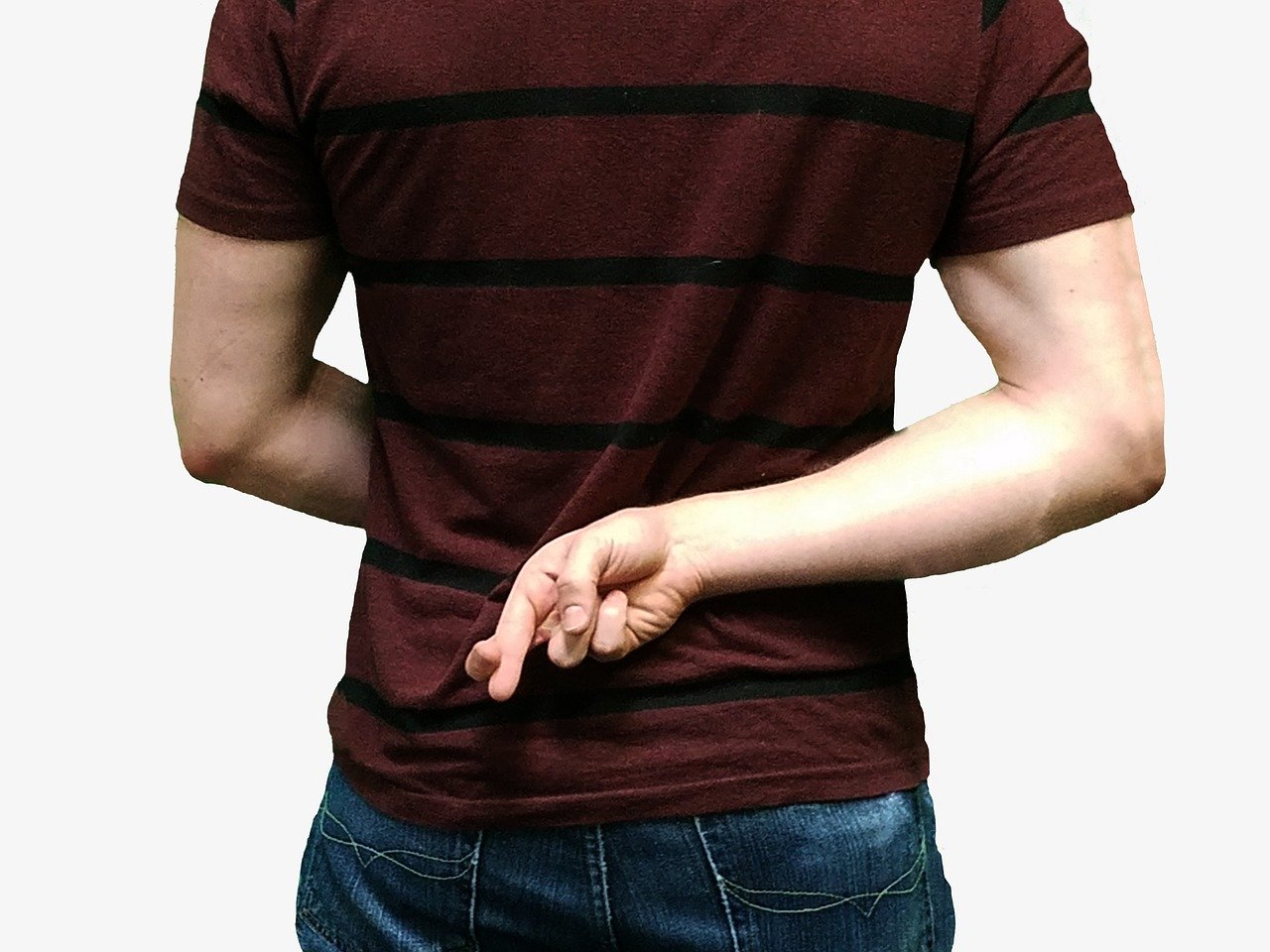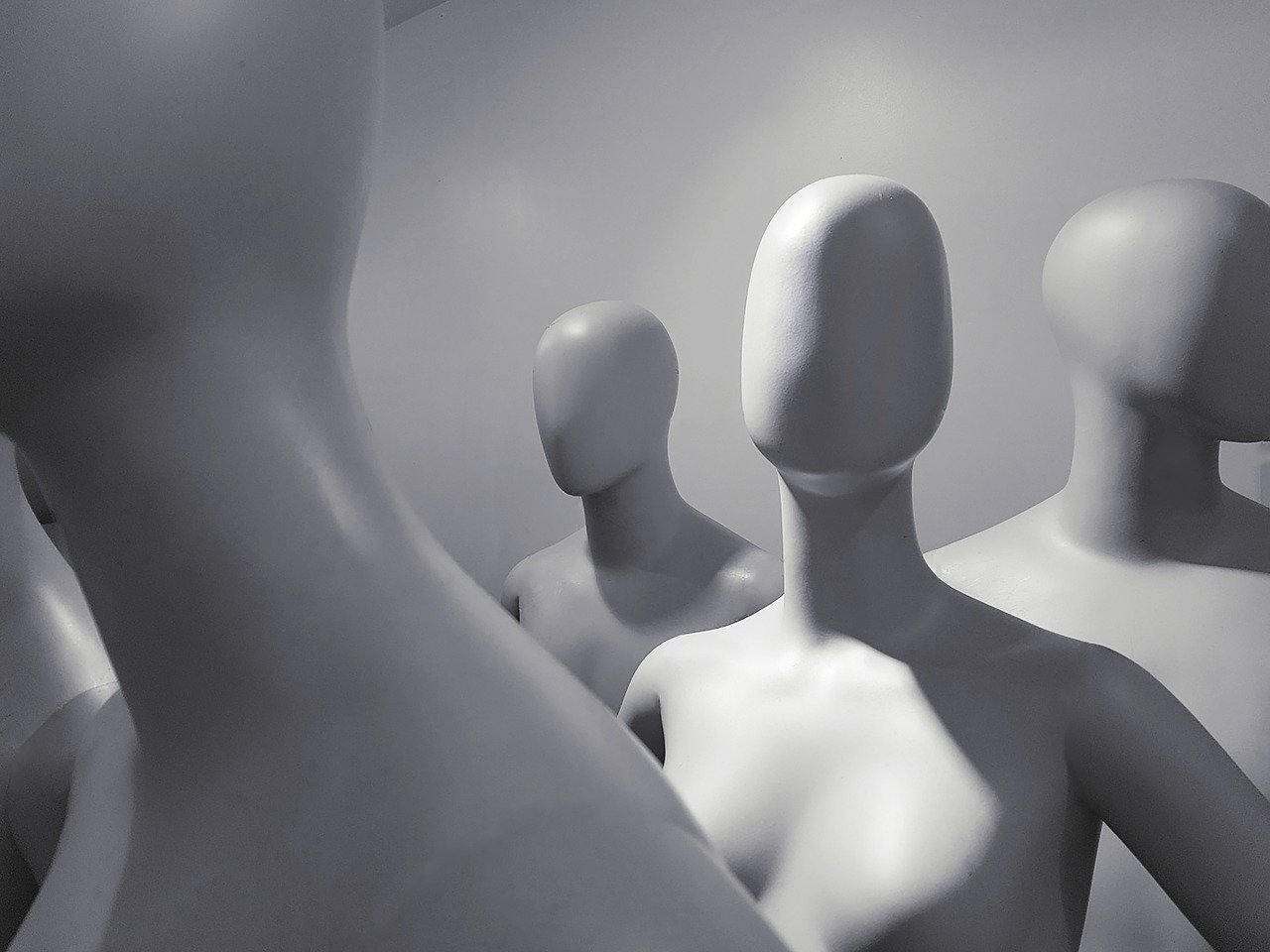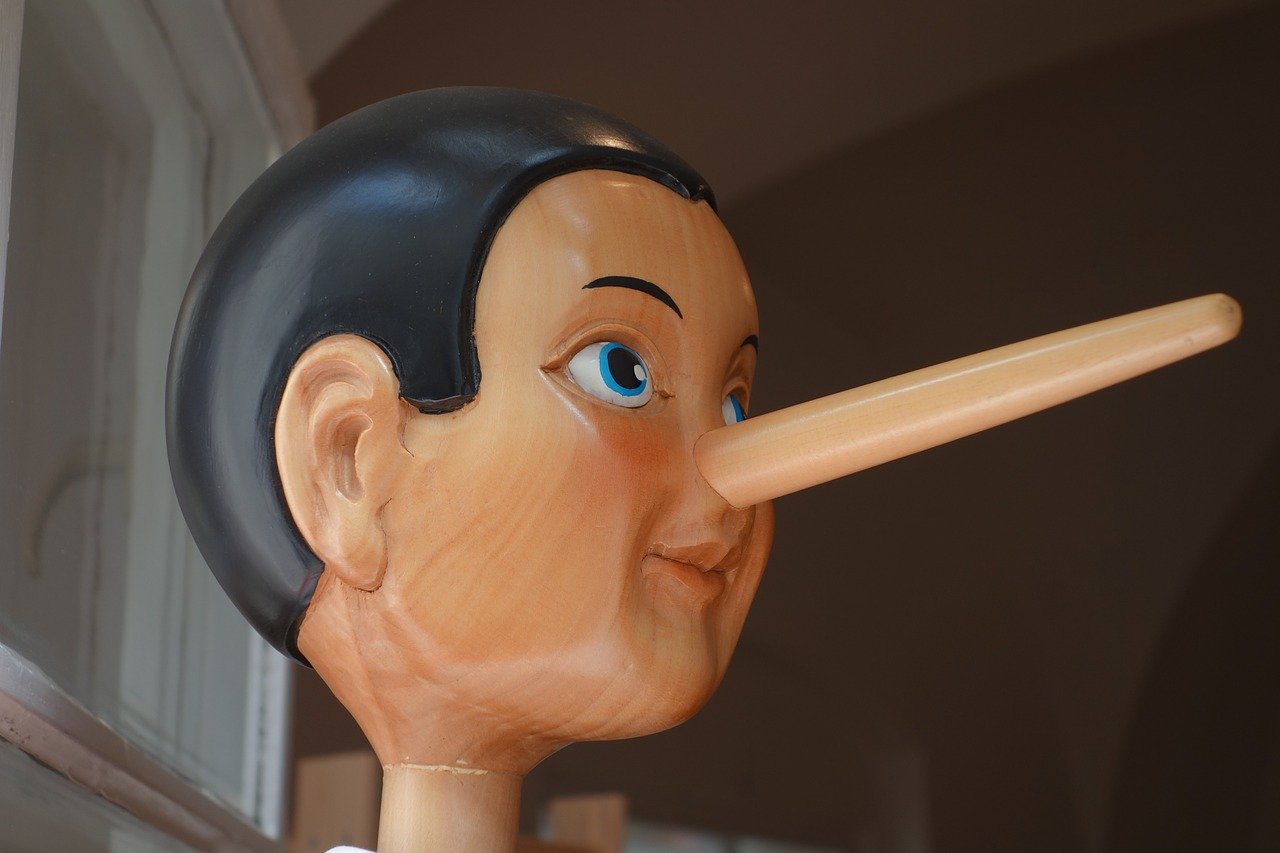

I prefer individuals to be authentic and direct, so if they miss us, they go and look for us, if they love us, they express it and if something bothers them, they say it. I would never choose to have a hypocritical closeness instead of an honest distance, and probably everyone else thinks the same.
Nevertheless, in our society there are a considerable amount of hypocrites. And we have to learn to deal with them. Hypocrisy is the contradiction between what is being said and what is being done. It is a way to hide or oppress the true desires, ideas and feelings in order for the individual to adapt to the expectations of the respective environment or to take advantage of certain context.
Hypocrisy is defined as:
A pretense of having a virtuous character, moral or religious beliefs or principles, etc., that one does not really possess. | source
The practice of claiming to have higher standards or more noble beliefs than is the case. | Source
It is likely that in our lives we will find more than one hypocrite. And we are also likely to wonder how can it be possible for them to not notice the inconsistency between their words and their actions.

This is because some people tend to perceive themselves from a very restricted perspective, for example, they define themselves through a simple series of roles they perform, so they think they are a "hard working mother" or a "successful manager". The problem is that having such a restricted definition of ourselves can result is us being more psychologically unstable and prevents us from dealing with the contradictions inherent in the complexity of our personality and the environment in which we interact everyday.
In practice, hypocrites only try to keep the simple identity they have built totally clean, by separating their words from their actions.
A lot of people can be hypocrites without even realizing it. In fact, when we confront them face to face with their contradictions they might not even recognize said contradictions and hide behind excuses.
In the case of politicians for example, it is usual for them to maintain a speech connected with their "political self" while doing something totally opposed with their "corporate" or "family" self. In this way they manage to save their different "selves", because they are not able to integrate them between each other.
Obviously, not all people live in that state of "hypocritical ignorance". There are also those who figure out how to take advantage of their hypocrisy, especially when they realize that following an honest dynamic is neither convenient nor suitable for their goals. These people have no remorse when proclaiming something and doing exactly the opposite, if they think it is more convenient for their own interests. And they will never openly acknowledge their hypocrisy, because it would be too hard for them and would represent a great hit to the image they think they have, so instead, they will argue that they have been influenced by the circumstances, an hypocrite will never run out of excuses.

How could we identify a person who is hypocrite?
This kind of person usually has a "high" moral standard, so they always point an accusing finger at someone, and they may even be willing to embarrass that person publicly. It is a compensation strategy through which they try to focus the attention on the other person so that no one pays attention to their discrepancies and incoherent behaviors.
Research suggests that behavior is more likely to be judged hypocritical if the deception is intentional, the person has a sense of superiority, the contradictory behavior is serious, and the person is a repeat offender. | Source

Hypocrites are a mix between being egocentric and having intellectual superiority. They know rules and regulations exist, but only for others. Hypocrites believe that they are above the law because of their supposedly innate sense of right and morals. Their level of arrogance can make others feel like if they were “inferior”, immature or not good enough.
These people will not hesitate to reject any actions, words or attitude coming from others, and they do not usually recognize their discrepancies and errors, even if there is evidence. These people are never sorry nor they ever admit their responsibility when doing something wrong. For them, circumstances are always a mitigating factor, and mistakes are never theirs. This is because their main motivation is to look good and meet expectations.

Why do we feel so annoyed at hypocrites?
Negative reactions to hypocrisy stem from our inherent desire for, even need for, authenticity. Meaningful relationships require interacting with a “real” person, not with the person that masks the actual self. | Source
What annoys us the most about hypocritical people is not just the incongruity between what they say and what they do, but also the fact their moral proclamations are completely false and if this wasn’t enough, they pretend to be more virtuous than they actually are. Another factor to take into account is the disappointment we feel when discovering someone is hypocrite.

A person deemed a hypocrite might be ignored, disliked, resented or opposed. | Source
We tend to prefer moral affirmations that imply a degree of generalization to explain the behaviors of others. For example, if a person leaves some project, we prefer the explanation "it does not make sense to spend more energy on this" than "I do not want to spend more energy on this".
This means that, in a certain way, we also might contribute to hypocrisy at a social level. In fact, it is possible that everyone of us, on a certain situation have behaved in a hypocritical way to try to give a better image of ourselves.
Therefore, the best way to try to eliminate hypocrisy is to be genuine and understand that within each of us there can be many contradictions. We do not need to fulfill the expectations of others nor do we have to become preachers of any moral.

Conclusion
Hypocrisy is all around us, and its up to us what we do about it. The most important thing is to be able to identify it when we come in contact with it. Once we know how to differentiate authentic people from hypocrites we can then start to develop our own personal methods to speed up the identification process.

With this I mean that with time, our wisdom grows and our capacity to quickly know if someone is real or not will be developed. Which is very useful especially in today’s society where we have people the all they do is pretend in order to receive a better treatment of favors.
Therefore, we can fairly say, informing ourselves about this subject is important if we don’t want to have bad experiences because some close person turned out fake. It is possible to identify hypocrites but this requires proper observation and experience.
Have you ever encounter a hypocrite in your personal live?
What did you do after discovering this?
References
oxforddictionaries - hypocrisy
psychologicalscience – hypocrites deceive
Images sources
All images are from pixabay

If these titles sound interesting to you, I assure you the articles will be even better!

Why some people are unable to relate and engage with others?
Beware of the Burnout syndrome
Understanding our brain, how our thoughts work
Procrastination and psychology
